"What is Property? An Inquiry into the Principle of Right and of Government" by P.-J. (Pierre-Joseph) Proudhon is a thought-provoking exploration of justice and governance that disputes traditional ideas about ownership. Opening with the bold statement that "property is theft," the book argues that private property fosters inequality and injustice within society. Proudhon dismantles common justifications for property, such as labor and law, finding them inadequate upon close examination. He presents property as an effect without a justifiable cause, challenging the basis of social consent and legal systems built around ownership. The book sets out to dissect these established ideas to reveal that true justice demands a reshaping of legal and economic systems. By questioning deeply held societal beliefs, Proudhon compels readers to reassess their understanding of property and the principles that govern our interactions.
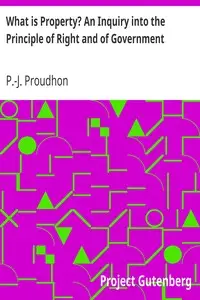
What is Property? An Inquiry into the Principle of Right and of Government
By P.-J. (Pierre-Joseph) Proudhon
Prepare for a revolutionary idea where ownership is questioned, challenging the very structures of society and justice.
Summary
About the AuthorPierre-Joseph Proudhon was a French anarchist, socialist, philosopher, and economist who founded mutualist philosophy and is considered by many to be the "father of anarchism". He was the first person to declare himself an anarchist, using that term, and is widely regarded as one of anarchism's most influential theorists. Proudhon became a member of the French Parliament after the Revolution of 1848, whereafter he referred to himself as a federalist. Proudhon described the liberty he pursued as the synthesis of community and individualism. Some consider his mutualism to be part of individualist anarchism while others regard it to be part of social anarchism.
Pierre-Joseph Proudhon was a French anarchist, socialist, philosopher, and economist who founded mutualist philosophy and is considered by many to be the "father of anarchism". He was the first person to declare himself an anarchist, using that term, and is widely regarded as one of anarchism's most influential theorists. Proudhon became a member of the French Parliament after the Revolution of 1848, whereafter he referred to himself as a federalist. Proudhon described the liberty he pursued as the synthesis of community and individualism. Some consider his mutualism to be part of individualist anarchism while others regard it to be part of social anarchism.

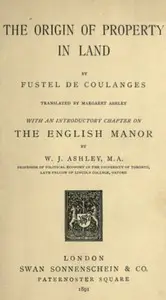
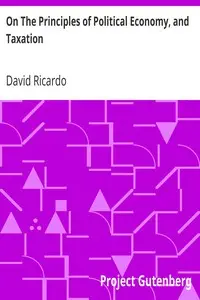
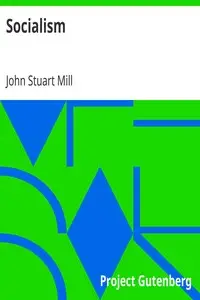
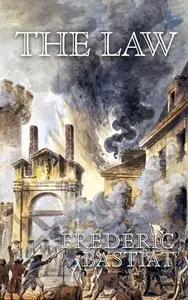
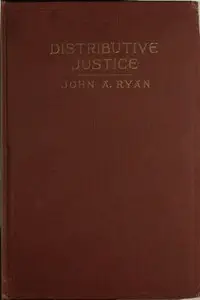
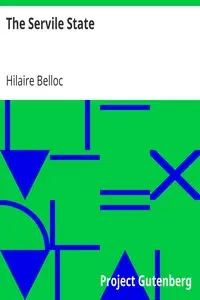
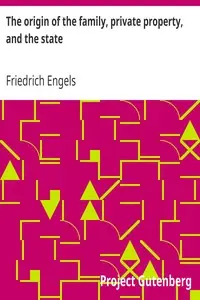
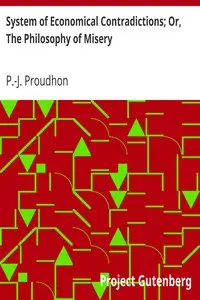

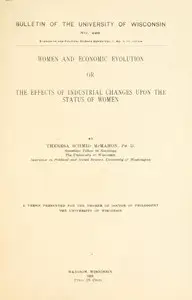
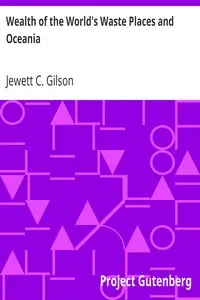
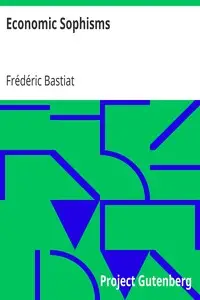
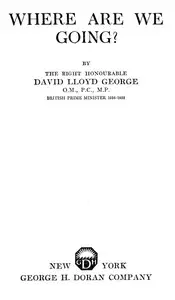
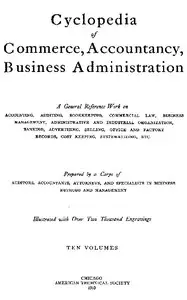
![Proceedings [of the] fourth National Conservation Congress [at] Indianapolis, October 1-4, 1912 by United States. National Conservation Congress](https://cdn.a2-host.cloud/jub7TfjmE2MflahOPwdEGaqt__ojDBvAUrsZ4GhGQ5k/rs:fill:215:325:0/g:ce/aHR0cHM6Ly9zcC1hc3NldHMuczMudXMtd2VzdC0wMDQuYmFja2JsYXplYjIuY29tL2Jvb2svNjk3MDYvUHJvY2VlZGluZ3Nfb2ZfdGhlX2ZvdXJ0aF9OYXRpb25hbF9Db25zZXJ2YXRpb25fQ29uZ3Jlc3NfYXRfSW5kaWFuYXBvbGlzX09jdG9iZXJfMTRfMTkxMl9jb3Zlci5qcGc.webp)